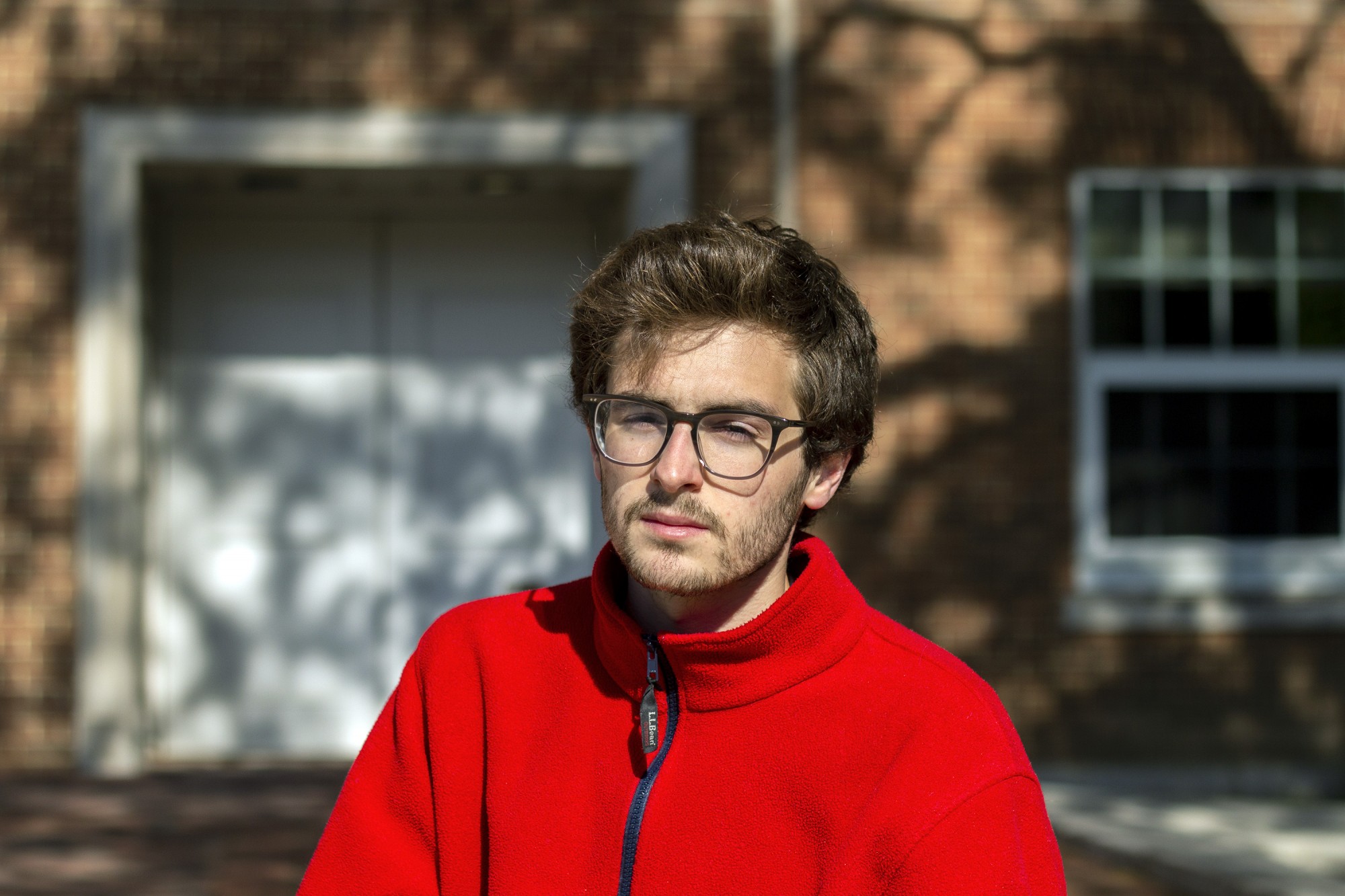A University of Maryland student group is gifting money to the Department of Resident Life to implement a training program for responding to mental health issues.
After winning $5,000 last week at this university’s Do Good Challenge finals, Scholars Promoting and Revitalizing Care will put $2,500 toward establishing a Mental Health First Aid certification program at the university through a partnership with Resident Life, said SPARC president Anthony Sartori.
The Mental Health First Aid program consists of an 8-hour course teaching participants “how to identify, understand and respond to signs of mental illnesses and substance use disorders,” according to its website.
[Read more: A UMD student group wants a satellite Counseling Center on North Campus]
The program features interactive role-play exercises designed to make participants more comfortable discussing mental health and assisting struggling students. A voluntary pilot program will be included in resident assistant training over the summer, Resident Life North Campus case manager Leslie Krafft said.
SPARC’s money will allow Krafft to be trained over several days in late June on how to administer the courses — so that she, in turn, will be able to train others on the campus.
The training may also be opened up to other members of the campus community, Krafft added, and could be offered on a broader scale at this university if it receives positive reviews from the initial participants.
Sartori, a senior psychology major, said he hopes the program will allow Resident Life to “make mental health more of a priority within their institution.”
“Once you train the individual who is gonna train other people, it’s a very sustainable and long-term model for making more people aware of mental health,” he said.
[Read more: UMD barred a student from returning to her on-campus apartment after a hospital stay]
The goal is to have 50 individuals, including RAs and professional Resident Life staff, certified through the program by the end of next academic year, Krafft said.
Currently, RAs receive four to five hours of training solely dedicated to mental health issues, Krafft said.
Robin Sultan, an RA in Cumberland Hall, said she thinks the certification program could help Resident Life improve the training it offers for mental health-related situations.
“What they do in training now — I would say it’s not super in-depth,” the senior materials science and engineering major said. “I don’t leave training feeling like I could handle a situation any better than I could before.”
Earlier in the year, she said, a student in her dorm needed mental health assistance, and while the situation was eventually resolved, she described the process of helping them as “awkward” and “really uncomfortable.” This training, she added, could help alleviate similar problems in the future.
But Mia Kaufman, a sophomore special education major who will be an RA next year, said the program could see difficulties despite its possible benefits. RAs are already required to complete a substantial amount of training, which includes a full semester class and training in the summer.
“If it’s offered, it should be offered in the time that we’re already gonna be there, and not adding on,” she said.
Krafft said an initial survey reported that more than half of new and current RAs were potentially interested in the training.
“The numbers were actually really promising that a lot of people would see value in doing it even if we couldn’t mandate it,” she said.
In April, Resident Life received criticism when a student shared a letter she received from the department barring her from re-entering her on-campus apartment, or any dorm after she was transported to the hospital for a panic attack.
The student was eventually allowed to return after meeting with a Resident Life case manager and a psychiatrist.
A committee that consists of SPARC members, Counseling Center Director Sharon Kirkland-Gordon Resident Life staff and others will be meeting over the summer to review the letter and Resident Life’s mental health policies, Krafft said. Sartori said the committee, as well as the department’s willingness to implement the Mental Health First Aid program, are steps in the right direction.
“Even though that letter was an indicator of where they are at with mental health, I’m hopeful for the future of mental health within Resident Life,” he said.
Still, he added, reducing the stigma and encouraging more students to seek help could further overwhelm the Counseling Center and Health Center, creating a larger problem if this university does not implement more long-term solutions.
“The administration has to match us in this journey to create and change the culture around mental health,” he said. “Yes, us students, we can raise awareness, we can change the culture, but at the end of the day, we don’t have the final say.”



